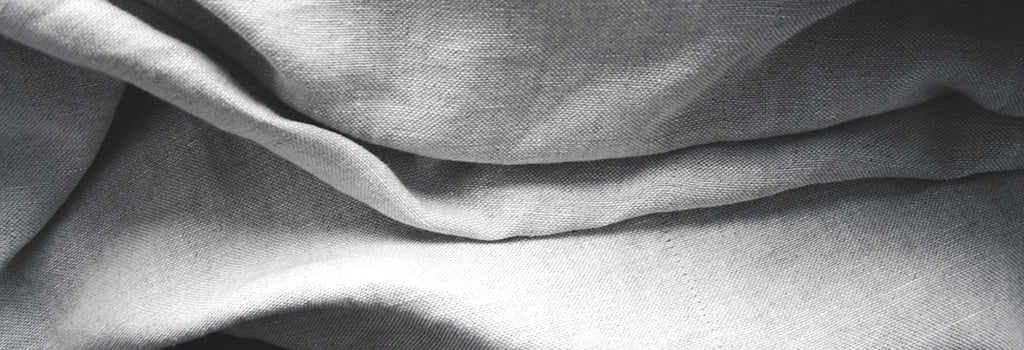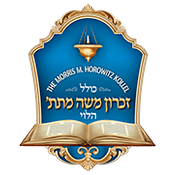Parshas Tetzaveh - Zachor 1

׳׳ועשית בגדי קדש לאהרון אחיך לכבוד ולתפארת׳׳ שמות כח;ב
“And you shall make holy vestments for Aharon your brother for glory and for splendor” Shemos 28:2
In the beginning of this week’s Parsha, Hashem commands Moshe Rabeinu to create the בגדי כהונה . It appears that the garments that were to be created for the Kohanim were physical articles of clothing- as the Torah goes into great detail regarding their exact specifications.
The Malbim explains that in reality these vestments are an allusion to the spiritual garments of pure thoughts, character improvement and positive tendencies. These good middos are the internal “garments” in which the Kohanim were to ensconce their נפשות (souls) while preparing to perform the עבודה in the Mishkan. Hashem was commanding Moshe Rabeinu to teach the Kohanim how to perfect their character so that they may serve Him from an elevated state.
The Malbim goes further to prove that the word כבוד in our pasuk is referring to the soul by referencing a pasuk in Tehillim 30:13. ׳׳למען יזמרך כבוד ולא ידום…׳׳ – “In order that my ‘honor’ shall praise You and not be silenced” The Metzudas Tzion explains that the word כבוד in this pasuk is referring to the soul which is the honor of the body.
As for the Purim connection, the פסיקתא רבתי דרב כהנא in פיסקא מצות עומר explains how this entire chapter of Tehillim alludes to Mordechai, Esther and Haman. With regard to our pasuk, it says that Mordechai Hatzadik was in the middle of reciting קריאת שמע when Haman came to lead him around Shushan on the ‘royal’ horse of Achashveirosh. Mordechai would not respond to Haman as it says ׳׳למען יזמרך כבוד׳׳ Perhaps we can explain that Mordechai would not interrupt his recital of שמע for the sake of this physical כבוד . Rather he continued to pray with all
his soul – ׳׳ולא ידום׳׳.
Moshe Rabeinu taught the Kohanim how to perfect their character and clothe their souls in holiness in order to elevate their position. We as well can learn from the Kohanim who practiced character perfection while performing the Avodah in the Mishkan. When we embark on our spiritual endeavors it should be with a highlighted focus on our purity of thought while strengthening our positive character traits and perfecting our middos in order to serve Hashem with a higher level of Kedushah.
Moshe Rothenberg / MMHK

